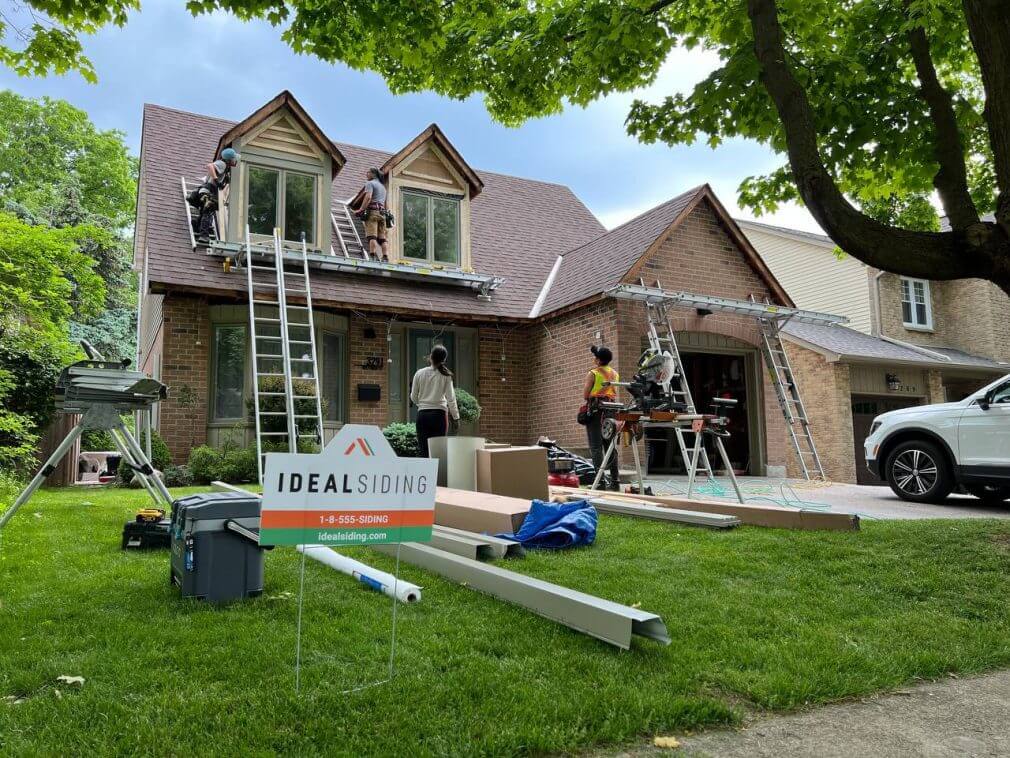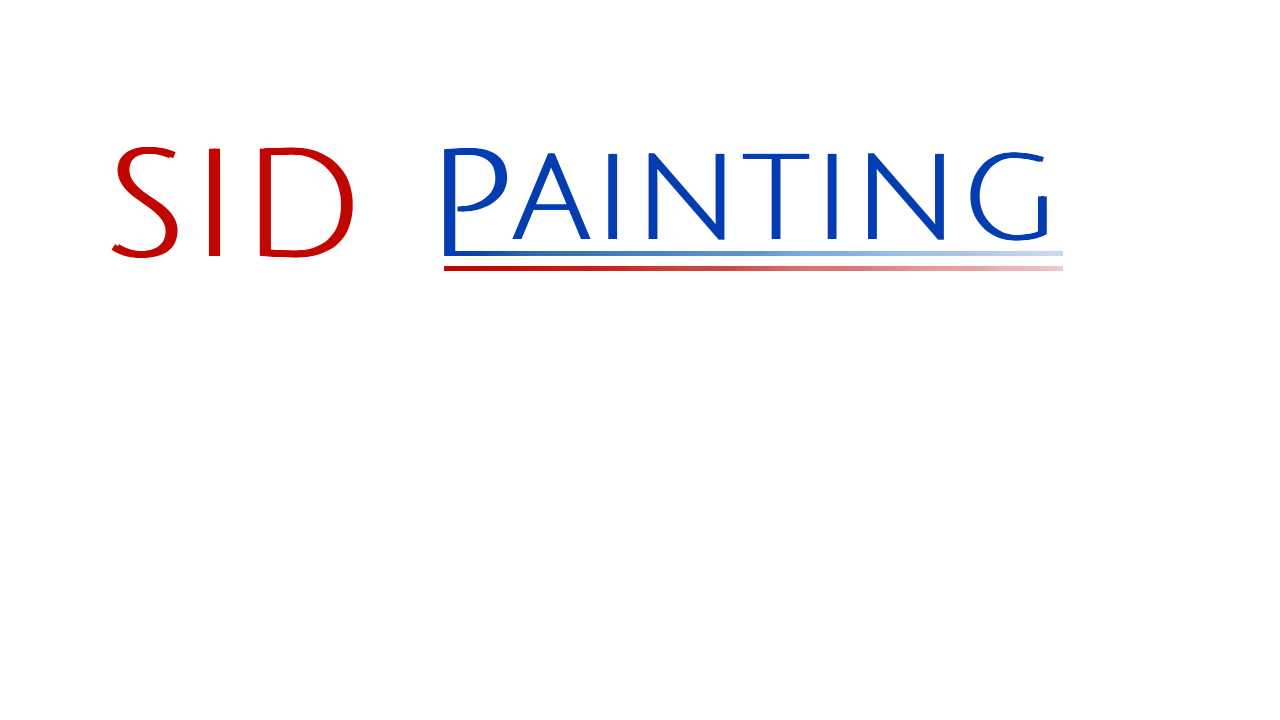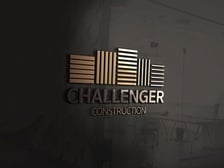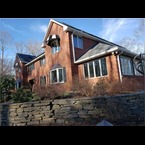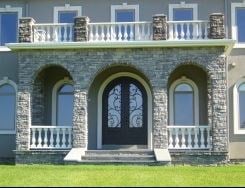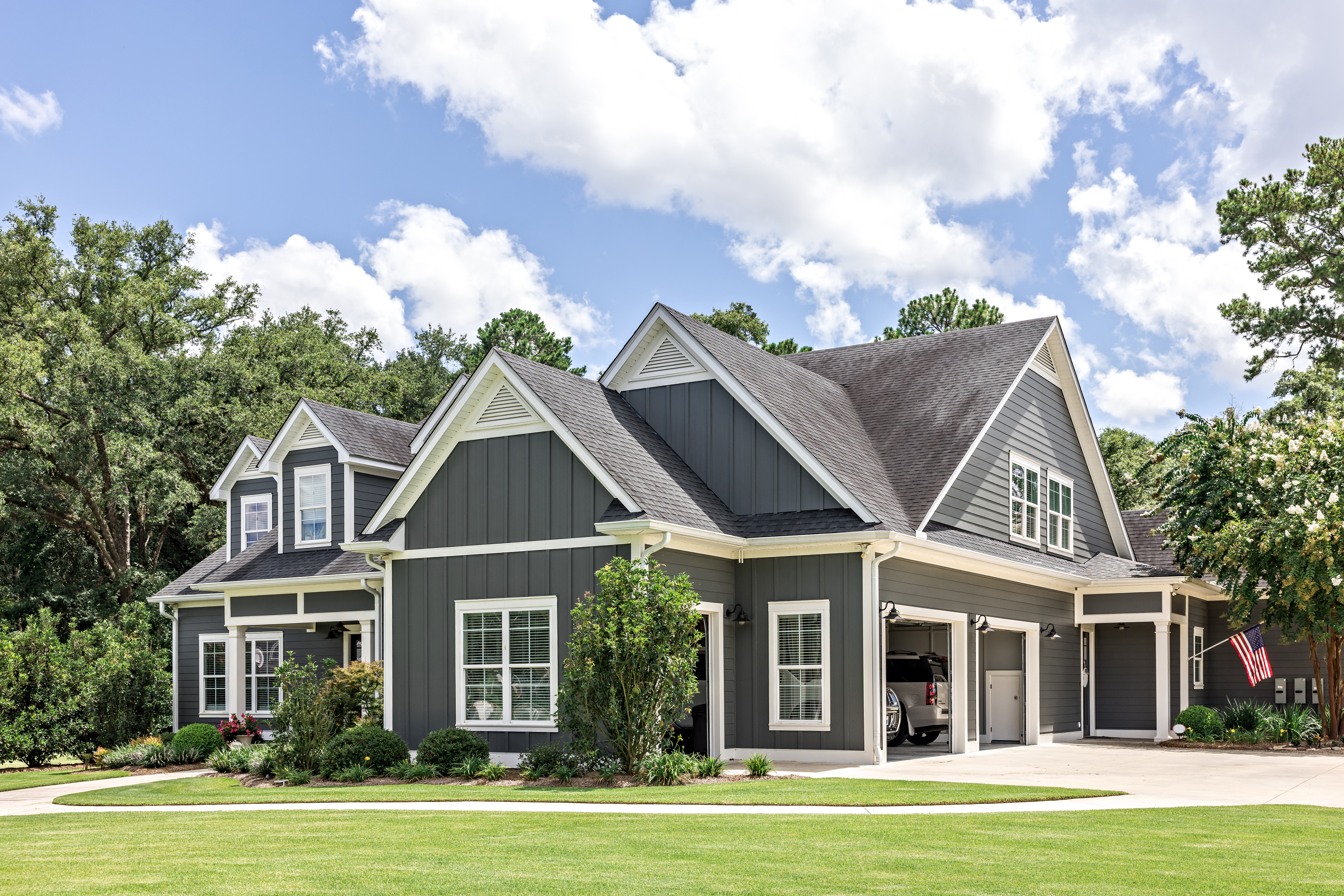
Get matched with top siding pros in Amston, CT
Enter your zip and get matched with up to 5 pros
Need a pro for your siding service project in Amston, CT?
TRUSTED BY AMSTON, CT HOMEOWNERS
4.7
Average homeowner rating88
Verified siding services reviews
Verified Reviews for Siding Service pros in Amston, CT
*The Angi rating for Siding Service companies in Amston, CT is a rating based on verified reviews from our community of homeowners who have used these pros to meet their Siding Service needs.
*The HomeAdvisor rating for Siding Service companies in Amston, CT is a rating based on verified reviews from our community of homeowners who have used these pros to meet their Siding Service needs.
Last update on January 18, 2026
Find Siding pros in Amston
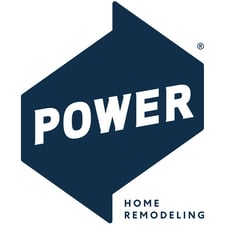
Power Home Remodeling
Power Home Remodeling
As the nation’s largest full-service exterior home remodeler, we are backed by over 1,000+ Angi Super Service awards and more than one million happy customers. Why? Because we treat each job as an audition. An opportunity to prove ourselves to you. And the results speak for themselves. So make your home all it was meant to be with our unrivaled exterior services. Contact us today for a free, no obligation estimate on replacement windows, roofing, siding, doors, or attic insulation.
"Professional and informative. Performed as expected and great value for the price."
John W on December 2025
As the nation’s largest full-service exterior home remodeler, we are backed by over 1,000+ Angi Super Service awards and more than one million happy customers. Why? Because we treat each job as an audition. An opportunity to prove ourselves to you. And the results speak for themselves. So make your home all it was meant to be with our unrivaled exterior services. Contact us today for a free, no obligation estimate on replacement windows, roofing, siding, doors, or attic insulation.
"Professional and informative. Performed as expected and great value for the price."
John W on December 2025

3 Son's Siding & Gutters LLC
3 Son's Siding & Gutters LLC
Family owned and operated home improvement company, with a very simple mission: provide quality home improvement services at affordable prices. We truly care for our customers! We specialize in all phases of remodeling for your home, business, bathrooms, kitchens, finishing basements, siding, roofing, gutters, and more! Call today for a free consultation.
"After a few delays because of rain they came they completed the job within two and a half hours cleaned everything up actually did some extra reinforcement on my porch at no extra charge highly recommend"
Arthur D on June 2025
Family owned and operated home improvement company, with a very simple mission: provide quality home improvement services at affordable prices. We truly care for our customers! We specialize in all phases of remodeling for your home, business, bathrooms, kitchens, finishing basements, siding, roofing, gutters, and more! Call today for a free consultation.
"After a few delays because of rain they came they completed the job within two and a half hours cleaned everything up actually did some extra reinforcement on my porch at no extra charge highly recommend"
Arthur D on June 2025

Elite Remodeling Services LLC
Elite Remodeling Services LLC
10 years worth of construction experience in various industries.
"Mike and his crew were wonderful, knowledgable, professional and efficient. The quality of the work was outstanding and the whole process was smooth and easy! Can’t recommend them highly enough!"
Brianna P on November 2024
10 years worth of construction experience in various industries.
"Mike and his crew were wonderful, knowledgable, professional and efficient. The quality of the work was outstanding and the whole process was smooth and easy! Can’t recommend them highly enough!"
Brianna P on November 2024
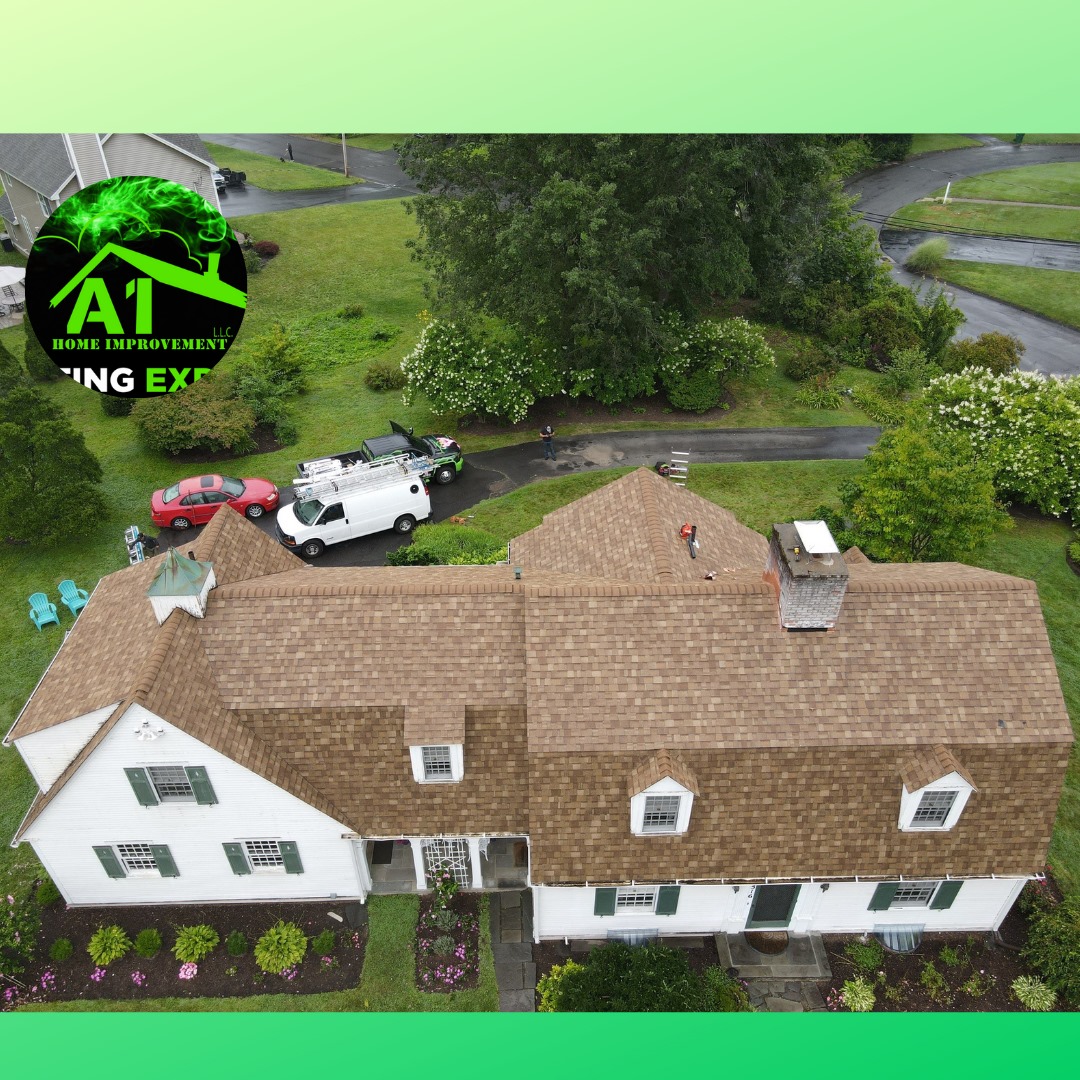
A1 Home Improvement, LLC
A1 Home Improvement, LLC
A1 Home Improvement LLC. is based on the belief that the needs of our customers are of the utmost importance. Our team is committed to meeting those needs. We welcome the opportunity to earn your trust and deliver you the best service. No job is too big or too small for our experienced team. We specialize in residential and commercial exterior projects. Call today for a quote.
"Roofing its something no home owner ever wants to do, but most have to go through. I won't even lie I wasn't even planning on getting a new roof, but Dale Knocked on my door and thats where the process started. My roof did go through insurance & aside from signing paper work/paying my deductible A1 handled everything. Obviously specific details from the insurance goes to you and then given to A1. Its not a short process and there is paperwork you have to sign, but all In all it did take me about 4 to 5 months where the process was started to roof replacement. Dale handled interactions with showing my the conditions of my roof and how to go about getting it put through the insurance. The only hiccup was that I have solar panels and I did feel like they where taken down to early (almost 5 months off), but I made my concerns known and one of the Managers called me and credited me $500 bucks (100 per month) that the panels where off. They did tell me setbacks in productions and things happen, but made me happy by giving me this credit. Didn't fight me on it, and didn't make me feel like I was just an insurance check on the other end. You can trust A1 home improvement with your home. I would like to thank Dale for his work & all the others that helped me throughout one of the most stressful process there can be for a house."
RUBEN G on July 2025
A1 Home Improvement LLC. is based on the belief that the needs of our customers are of the utmost importance. Our team is committed to meeting those needs. We welcome the opportunity to earn your trust and deliver you the best service. No job is too big or too small for our experienced team. We specialize in residential and commercial exterior projects. Call today for a quote.
"Roofing its something no home owner ever wants to do, but most have to go through. I won't even lie I wasn't even planning on getting a new roof, but Dale Knocked on my door and thats where the process started. My roof did go through insurance & aside from signing paper work/paying my deductible A1 handled everything. Obviously specific details from the insurance goes to you and then given to A1. Its not a short process and there is paperwork you have to sign, but all In all it did take me about 4 to 5 months where the process was started to roof replacement. Dale handled interactions with showing my the conditions of my roof and how to go about getting it put through the insurance. The only hiccup was that I have solar panels and I did feel like they where taken down to early (almost 5 months off), but I made my concerns known and one of the Managers called me and credited me $500 bucks (100 per month) that the panels where off. They did tell me setbacks in productions and things happen, but made me happy by giving me this credit. Didn't fight me on it, and didn't make me feel like I was just an insurance check on the other end. You can trust A1 home improvement with your home. I would like to thank Dale for his work & all the others that helped me throughout one of the most stressful process there can be for a house."
RUBEN G on July 2025

Artisan Building & Remodeling LLC.
Artisan Building & Remodeling LLC.
When you’re taking on a home improvement job you want a contractor that has it all and at a fair price. We are dedicated to extremely professional roofing work using the highest quality materials to ensure excellent services in Berlin, CT. Your roof is the ultimate line of defense against the elements, and its replacement or repair should be done with care. We take great pride in every job we take on, from roof replacement and gutters to windows and siding. Be it your house or your business, our team provides excellent service. We’ll work with you every step of the way. Whether you need a new roof or a few repairs on your current one, we offer professional-grade work and customer care that fits your needs. On a budget? We offer financing for as low as 0% interest, so your new roof doesn’t have to wait. Our roofing services are of the highest quality and rest assured that you will join our happy customers once you’ve seen the level of dedication and professionalism we put towards each and every job.
"Great job -everything was spotless after wards -great sales rep —Joey S"
Elizabeth H on September 2023
When you’re taking on a home improvement job you want a contractor that has it all and at a fair price. We are dedicated to extremely professional roofing work using the highest quality materials to ensure excellent services in Berlin, CT. Your roof is the ultimate line of defense against the elements, and its replacement or repair should be done with care. We take great pride in every job we take on, from roof replacement and gutters to windows and siding. Be it your house or your business, our team provides excellent service. We’ll work with you every step of the way. Whether you need a new roof or a few repairs on your current one, we offer professional-grade work and customer care that fits your needs. On a budget? We offer financing for as low as 0% interest, so your new roof doesn’t have to wait. Our roofing services are of the highest quality and rest assured that you will join our happy customers once you’ve seen the level of dedication and professionalism we put towards each and every job.
"Great job -everything was spotless after wards -great sales rep —Joey S"
Elizabeth H on September 2023
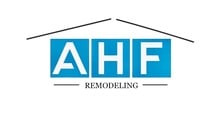
American Home Fitters, LLC.
American Home Fitters, LLC.
American Home Fitters is proud to offer a number of Home Improvements, ranging from Roofing, Siding, Windows and Doors to Tub and Shower Replacements. We pride ourselves on providing the best quality products and pricing to fit any budget. Our team of skilled handymen provides quality workmanship, excellent customer service and will go the extra mile to make sure you're completely satisfied.
"Excellent experience from start to finish. I would hire again. I would highly recommend."
Denise K on August 2025
American Home Fitters is proud to offer a number of Home Improvements, ranging from Roofing, Siding, Windows and Doors to Tub and Shower Replacements. We pride ourselves on providing the best quality products and pricing to fit any budget. Our team of skilled handymen provides quality workmanship, excellent customer service and will go the extra mile to make sure you're completely satisfied.
"Excellent experience from start to finish. I would hire again. I would highly recommend."
Denise K on August 2025
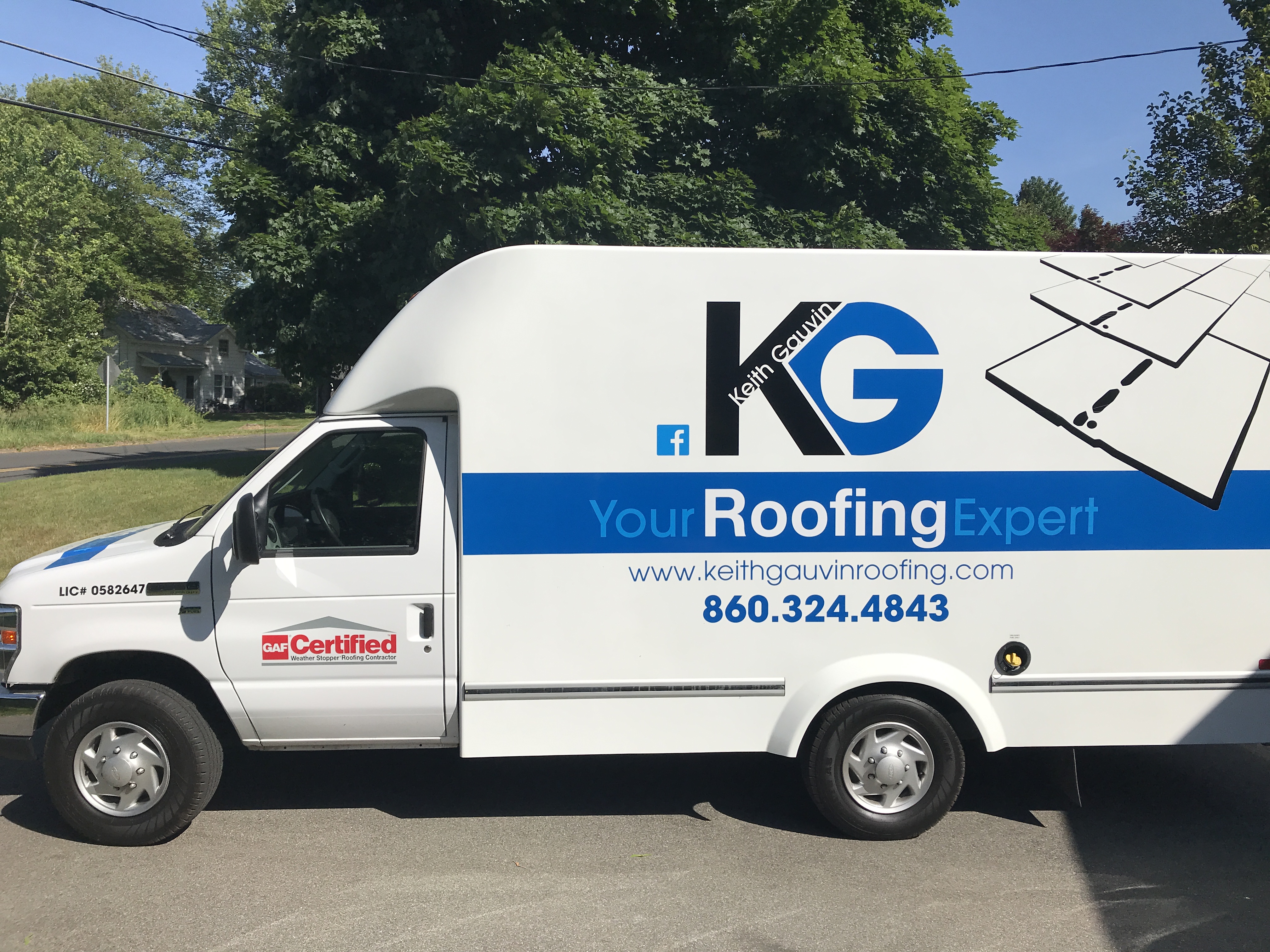
Keith Gauvin Roofing llc
Keith Gauvin Roofing llc
Keith Gauvin has been in the remodeling and roofing business for 25 years. He is a second generation contractor. From the beginning of the project to the end Keith Gauvin will keep you informed of whats going on. Your home is one of the biggest investments you have. Don't trust it to just anyone let Keith Gauvin help and guide you through the construction process. HIC.# 0582647
"Keith & his team did an Outstanding job replacing our roof! They came in and completed the entire job in one day! Considering the size & complexity of our roof that was truly Amazing! Keith not only met our expectations, but exceeded them! Cleanup was top notch as well! We have not found so much as one nail on the ground yet! We live in Ellington, CT and we would Highly Recommend Keith Gauvin Roofing to anyone in the area needing a new roof!"
Jeffrey E on November 2021
Keith Gauvin has been in the remodeling and roofing business for 25 years. He is a second generation contractor. From the beginning of the project to the end Keith Gauvin will keep you informed of whats going on. Your home is one of the biggest investments you have. Don't trust it to just anyone let Keith Gauvin help and guide you through the construction process. HIC.# 0582647
"Keith & his team did an Outstanding job replacing our roof! They came in and completed the entire job in one day! Considering the size & complexity of our roof that was truly Amazing! Keith not only met our expectations, but exceeded them! Cleanup was top notch as well! We have not found so much as one nail on the ground yet! We live in Ellington, CT and we would Highly Recommend Keith Gauvin Roofing to anyone in the area needing a new roof!"
Jeffrey E on November 2021

NorthEast PowerWashing LLC
NorthEast PowerWashing LLC
NorthEast PowerWashing is proud to offer the whole state of Connecticut and the greater Northeast area with the finest power washing services.
"We've used Northeast power washing a couple of times so far and have always had an excellent experience. Our house looks amazing. They are professional and courteous. Reminder communications are sent with follow-ups if needed. I highly recommend them."
David B on October 2025
NorthEast PowerWashing is proud to offer the whole state of Connecticut and the greater Northeast area with the finest power washing services.
"We've used Northeast power washing a couple of times so far and have always had an excellent experience. Our house looks amazing. They are professional and courteous. Reminder communications are sent with follow-ups if needed. I highly recommend them."
David B on October 2025
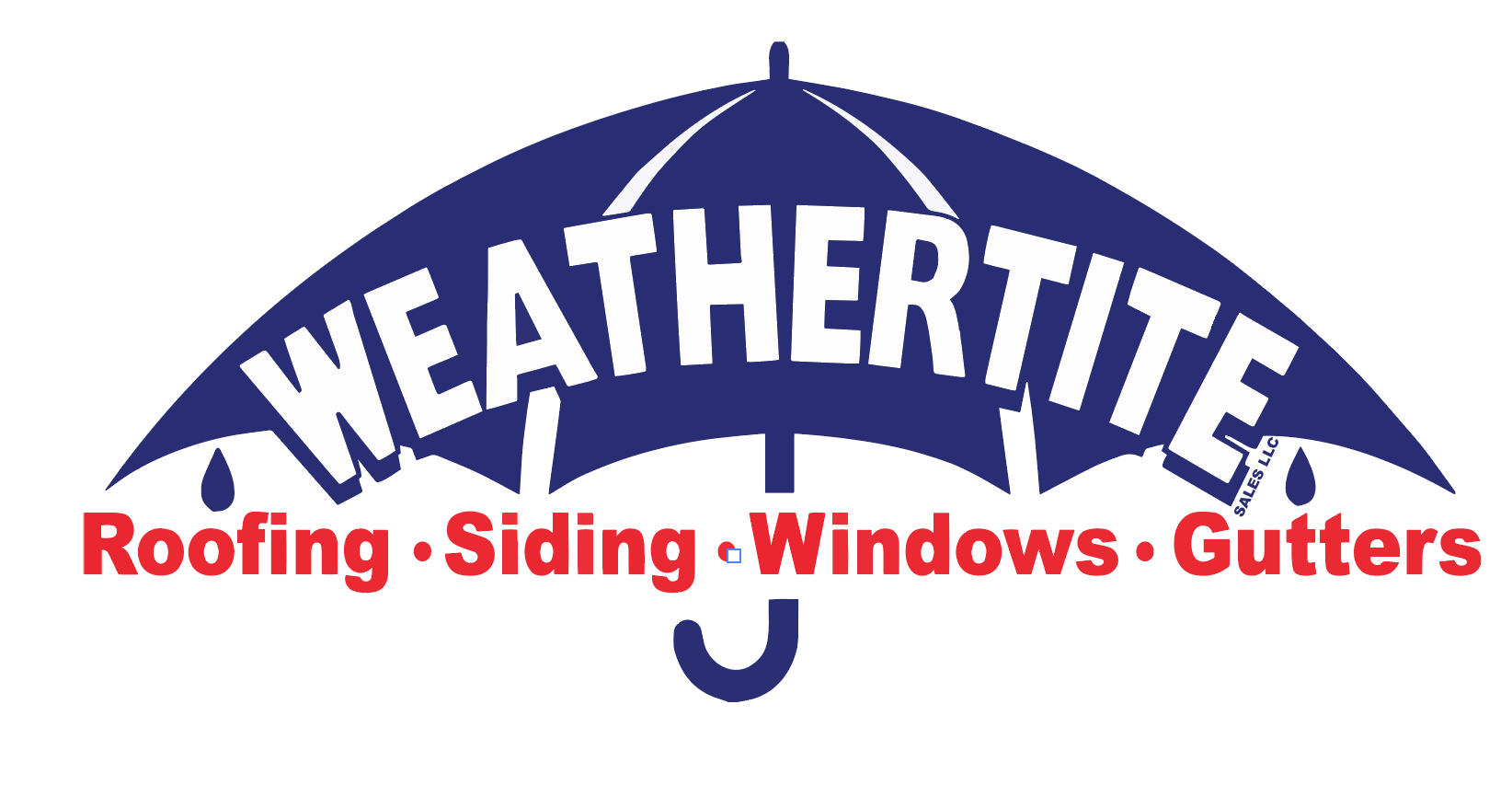
Weathertite Sales LLC.
Weathertite Sales LLC.
Weathertite has over 29 years of Residential Roofing Installation experience in Connecticut averaging 150 roofs per year using factory certified installers. Company management is on site for all projects to ensure that all of the stringent Quality standards of Weathertite are maintained and to address any concerns the home owner may have. Quality Assurance Survey returns from our Customers consistently yield “OUTSTANDING” rating results for our Service and Installations. Weathertite is certified with GAF, CertainTeed and Owens Corning to provide CT with the best warranties on the market. Weathertite also supplies and installs Vinyl Siding, Gutters and Gutter Guards, Windows, Doors, Decks of all sizes and Gutter Helmet. Never Clean your gutters again!!! Call today for a free written estimate.
"Weathertite did an amazing job all the way through. Installation of replacement gutters and downspouts excellent (and clean work as well!). Dave is an excellent sales manager, and he explained the Leaf X product so well. Also, special "shout out" to Joel who us a fabulous administrator. Highest recommendation to this team. Our house now has a nice added value with a permanent gutter solution (no clogs, no warped coverings)."
John L on October 2024
Weathertite has over 29 years of Residential Roofing Installation experience in Connecticut averaging 150 roofs per year using factory certified installers. Company management is on site for all projects to ensure that all of the stringent Quality standards of Weathertite are maintained and to address any concerns the home owner may have. Quality Assurance Survey returns from our Customers consistently yield “OUTSTANDING” rating results for our Service and Installations. Weathertite is certified with GAF, CertainTeed and Owens Corning to provide CT with the best warranties on the market. Weathertite also supplies and installs Vinyl Siding, Gutters and Gutter Guards, Windows, Doors, Decks of all sizes and Gutter Helmet. Never Clean your gutters again!!! Call today for a free written estimate.
"Weathertite did an amazing job all the way through. Installation of replacement gutters and downspouts excellent (and clean work as well!). Dave is an excellent sales manager, and he explained the Leaf X product so well. Also, special "shout out" to Joel who us a fabulous administrator. Highest recommendation to this team. Our house now has a nice added value with a permanent gutter solution (no clogs, no warped coverings)."
John L on October 2024

Steve Czerwinski Inc
Steve Czerwinski Inc
When I started in business, I knew what I wanted was a special kind of company, a business that focused on quality and on building relationships with its customers. A company that would become a welcome and trusted part of my community. Since then I have had the great fortune to build relationships with many of my customers, working together to help them realize the potential in their homes. DBA Czerwinski, Steve.
"I had a great experience with Steve Czerwinski! They did a fantastic job on my house. Very easy to work with, and a great bunch of friendly folks over there. Wanted to switch out the busy 4" vertical gray siding to something more colorful & clean. Board & batten in forest green - and wow, did it turn out great! Job site sparkling clean after they were done, too. I had some leftover siding & asked them to come back and install the rest on the wall in my covered porch, too. Highly recommend SWI - they're busy for a good reason: they're just that good!!"
Jim M on December 2025
When I started in business, I knew what I wanted was a special kind of company, a business that focused on quality and on building relationships with its customers. A company that would become a welcome and trusted part of my community. Since then I have had the great fortune to build relationships with many of my customers, working together to help them realize the potential in their homes. DBA Czerwinski, Steve.
"I had a great experience with Steve Czerwinski! They did a fantastic job on my house. Very easy to work with, and a great bunch of friendly folks over there. Wanted to switch out the busy 4" vertical gray siding to something more colorful & clean. Board & batten in forest green - and wow, did it turn out great! Job site sparkling clean after they were done, too. I had some leftover siding & asked them to come back and install the rest on the wall in my covered porch, too. Highly recommend SWI - they're busy for a good reason: they're just that good!!"
Jim M on December 2025
The Amston, CT homeowners’ guide to siding services
From average costs to expert advice, get all the answers you need to get your job done.

New siding can boost your home value, energy efficiency, and curb appeal. Learn about the cost to install shingle siding to budget appropriately.

The cost to install shiplap siding or wall surfaces in your home depends on several factors, including the material type and the size of your project.

How much does engineered wood siding cost? You’ll spend anywhere from $4 to $13 per square foot, depending on a few different factors.

Power washers can effectively clean dirt and grime on siding, but there’s a risk of damage. So, can a power wash break siding? Find out more.

Do you want to give your home a new fresh look? Check out these vertical siding options to figure out which type and style is best for your house.

While Dutch lap is a more detailed type of siding, clapboard is often less expensive and more widely used. If you're weighing these options against each other, our guide can help you decide which type makes the most sense for your home’s facade.
- Hebron, CT Siding pros
- Marlborough, CT Siding pros
- Columbia, CT Siding pros
- East Hampton, CT Siding pros
- Lebanon, CT Siding pros
- Andover, CT Siding pros
- Colchester, CT Siding pros
- Moodus, CT Siding pros
- Willimantic, CT Siding pros
- South Windham, CT Siding pros
- Coventry, CT Siding pros
- Salem, CT Siding pros
- Bolton, CT Siding pros
- East Haddam, CT Siding pros
- South Glastonbury, CT Siding pros
- North Franklin, CT Siding pros
- Bozrah, CT Siding pros
- Glastonbury, CT Siding pros
- Windham, CT Siding pros
- Manchester, CT Siding pros
- Mansfield Center, CT Siding pros
- Yantic, CT Siding pros
- Storrs Mansfield, CT Siding pros
- Portland, CT Siding pros
- Haddam, CT Siding pros
- North Windham, CT Siding pros
- Oakdale, CT Siding pros
- Scotland, CT Siding pros
- Baltic, CT Siding pros
- Cromwell, CT Siding pros
- 🌱 "Mow a small front yard"
- 🛠 "Fix a leaking pipe under the sink"
- 🏠 "Repair shingles on an asphalt roof"
